
Our People
Members of Te Whakatere au Pāpori are drawn from across the University of Auckland’s Faculty of Education and Social Work, with links to researchers across the wider university and in other institutions.

Carol Mutch
Director
Carol Mutch is a professor of Critical Studies in Education in the Faculty of Education and Social Work. She is also the Education Commissioner for UNESCO New Zealand. Dr Mutch came to The University of Auckland following many years as a primary teacher, teacher educator and policy advisor. During her career, Dr Mutch has lived and worked overseas as a teacher in Canada and the UK, a visiting professor in Japan (Nagoya & Waseda) and the UK (LSE), and taught at the National University of Samoa. Her teaching and research interests are in research methods, education policy, curriculum development and social education. She has published in scholarly books and journals on research methods, social studies and citizenship education, education history and policy, curriculum theory and most recently, the role of schools in disaster response and recovery, including schools’ responses to Covid-19. Her disaster-related research has taken her to Australia, Japan, Samoa, Vanuatu, Nepal and China. Dr Mutch sits on numerous international editorial boards, as well international and national association executive boards, advisory committees and reference groups.

Jennifer Tatebe
Jennifer Tatebe is a Senior Lecturer in the sociology of education specialising in equity and social justice. Originally from Vancouver, Canada, she graduated from the University of British Columbia (UBC) with a Masters of Higher Education, Bachelor of Education (Secondary), and Bachelor of Arts in English Literature and History. Her work is informed by her teaching experience in primary, secondary, and alternative education settings in the United Kingdom and Canada; and professional tertiary roles in Student Development and Cooperative Education. Her research and teaching examines the transformative potential of education in disadvantaged contexts by exploring the socioeconomic and political contexts of these educational spaces and their influence on teaching and learning.
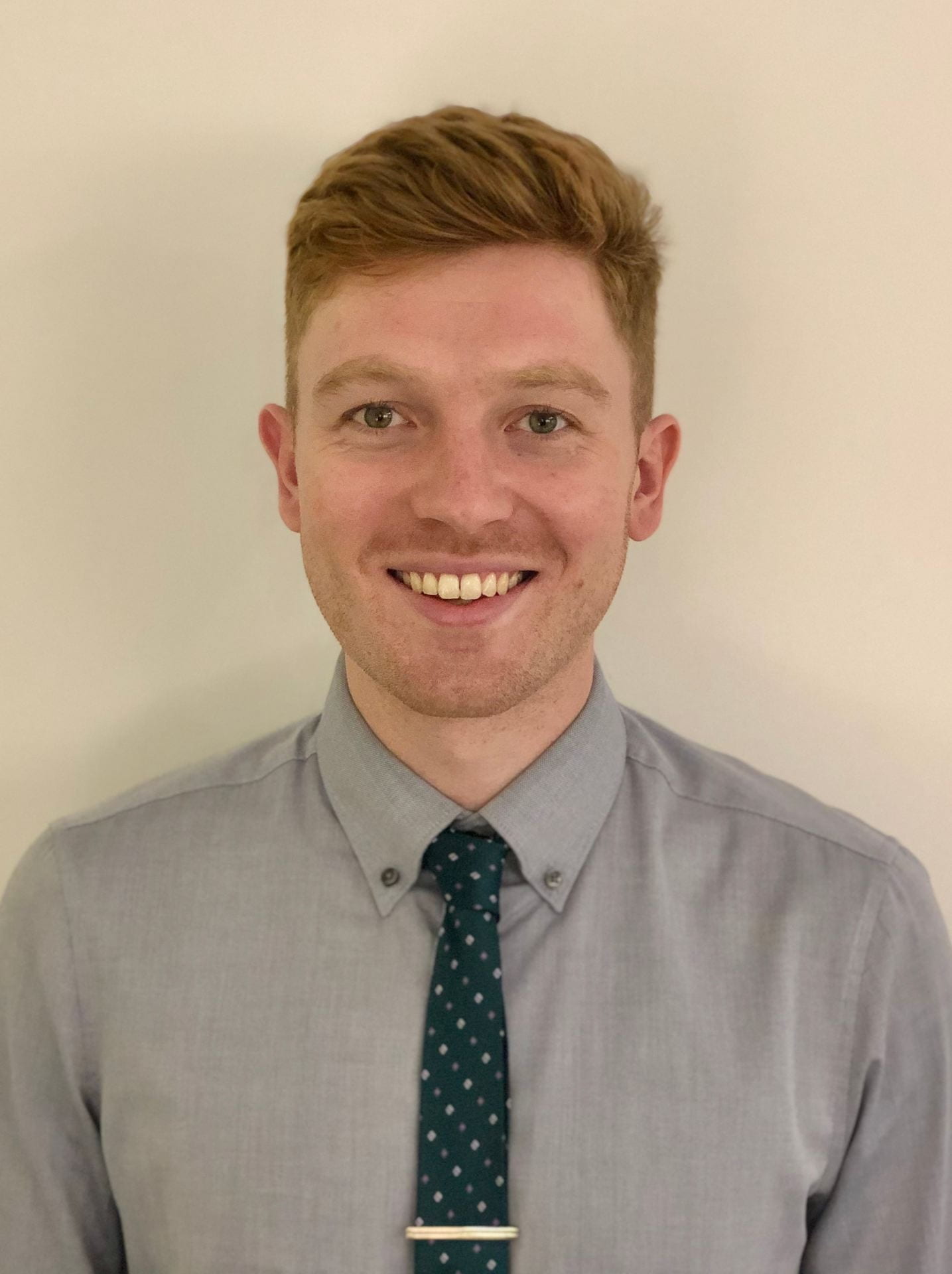
Jack Webster
Originally from the UK, Jack completed an MA in Development Education and Global Learning at University College London after graduating from the University of Derby with a BA in History. His research interests are shaped by his experiences teaching social studies subjects in both international high school and higher education settings. Jack holds an interest in global citizenship education, pedagogies for global learning in teacher education, and education in the digital age. His current research focuses on the use of critical theory to address the influence of technology-mediated devices, spaces and narratives on learners.
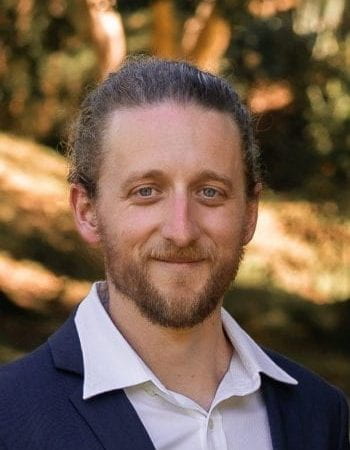
Tom Pearce
Tom is a doctoral student at the University of Auckland’s Faculty of Education and Social Work. He has worked for many years as a primary school teacher, both in Aotearoa and abroad, and is currently working part-time at school in Tāmaki Makaurau. He holds a MEd from Victoria University of Wellington, where he investigated the transformative power of student voice, as well as language and literacy acquisition and issues in sociolinguistics. Tom’s current research interests are formative assessment, education policy and enactment, from critical educational and social constructivist lenses.
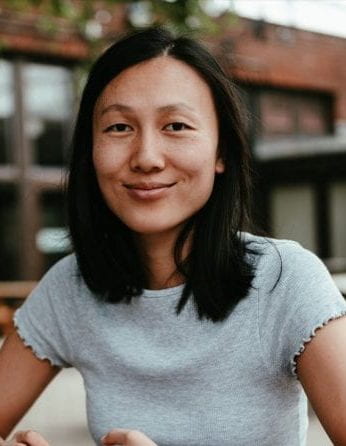
Tania Fu
Tania is a registered Primary School Teacher originally from Kirikiriroa. She completed her undergraduate and postgraduate studies at the University of Auckland. She is the recipient of a Leverhulme Doctoral Scholarship and is currently completing her PhD in the School of Education and Centre for Water Cultures at the University of Hull, UK. Her Masters thesis explored different constructs of education for citizenship (through the pillars of learning to know, learning to do, learning to live together and learning to be) across global education policy documents. Her current PhD focuses on youth participation in water governance issues related to climate change (e.g. flooding). She is conducting comparative case studies of participatory research with young people in two structurally disadvantaged, coastal cities (Hull and Bremerhaven). She is interested in rights-based models and innovative participatory methods to engage young people in climate decision-making about their futures and issues that matter the most to young people.
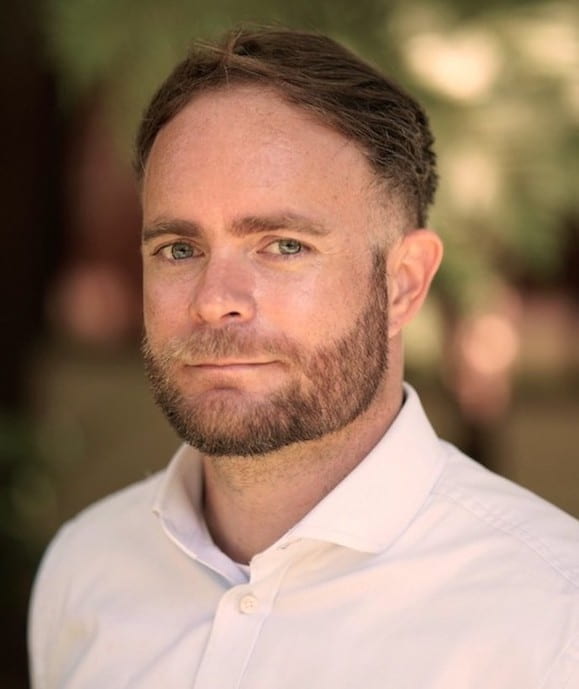
Timothy Kerr
Tim’s research focuses on school leaders’ sensemaking within multi-layered crises. His research interests are informed by working across public and non-profit sectors in a variety of teaching, advisory and leadership roles within New Zealand, East Africa, and the Pacific to help strengthen formal and informal education systems to increase access, learning outcomes, and ensure safe, inclusive, and enabling learning environments for children and youth. Tim holds a Master of Applied Anthropology and Development from The Australian National University, and a GradDip Teaching (Primary) and a BA in English from The University of Auckland.
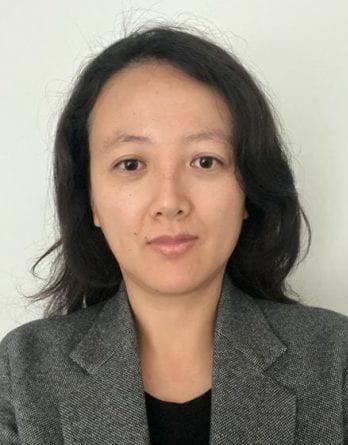
Wendy Choo
Wendy Choo is a Professional Teaching Fellow at the Faculty of Education and Social Work, University of Auckland. She holds a Master of Education (Curriculum and Teaching) and a Master of International Studies, both of which proved fundamental to her doctoral work on citizenship in Myanmar. Her research seeks to understand young Myanmar citizens’ citizenship and investigates how Myanmar citizenship is produced. It takes a broad view of education and examines the educative process of citizens beyond formal schooling. Her research interests include international education, everyday youth citizenship, postcolonial citizenship, research supervision and rural education. She is especially interested in Southeast Asia and New Zealand.
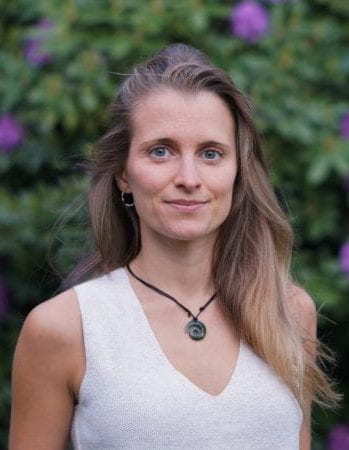
Marta Estellés
Dr. Marta Estellés is a Lecturer at the Division of Education, The University of Waikato. She has previously been a Postdoctoral Fellow at the University of Auckland (2020-2022), a Lecturer at the University of Cantabria (2017-2019) and a visiting scholar at the University of British Columbia (2019, 2020) and Arizona State University (2015). Her research is focused on the discourses, policies, and practices of citizenship education. She has been recently awarded with a research grant from the Spencer Foundation to explore the increasing confluence of safety and citizenship discourses in educational debates.
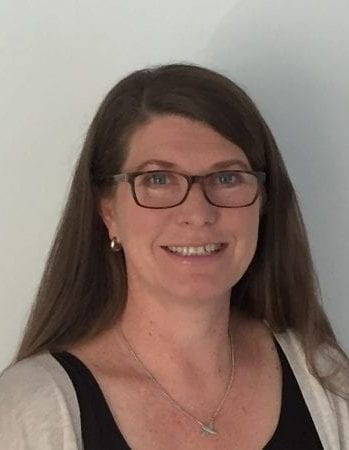
Pip Jones
Pip is currently completing a Master of Educational Leadership at the University of Auckland. She is a Faculty Leader of Social Sciences and is currently involved in implementing significant curriculum changes including the Aotearoa New Zealand’s histories curriculum and the Social Sciences Curriculum Refresh. Her Master’s research focuses on the teacher experience of implementing the Aotearoa New Zealand’s histories curriculum. She is interested in indigenous education, the role of emotion in educational change, and women in leadership in high schools in New Zealand.
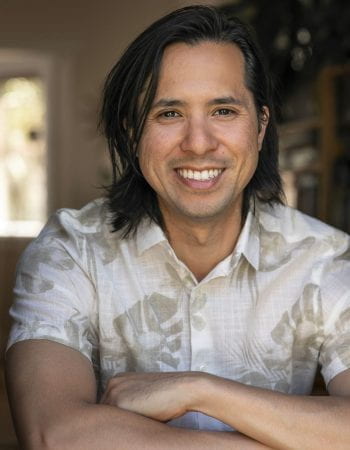
Noah Romero
Noah Romero is an Assistant Professor of Native American and Indigenous Studies at Hampshire College (US). Drawing from a transnational constellation of critical, Indigenous, queer, and decolonial ways of knowing and doing, Romero’s teaching and research deepens understanding of racialized subjectivity by emphasizing the generative possibilities that occur when Indigenous, immigrant, and dispossessed peoples commune with land, our ancestors, and one another. Noah’s first book, Decolonial Underground Pedagogy: Unschooling and Subcultural Learning for Peace and Human Rights will be published by Bloomsbury in 2024.
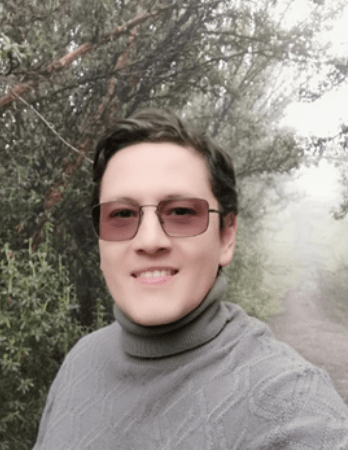
Juan Carlos Ochoa Lopez
Juan holds a BA in Sociology from the National University of Colombia, complemented by two master’s degrees: one in Education focusing on ICT integration and another in Economy Applied to Development, where he received an honourable mention. His academic and professional journey has been driven by a deep interest in the dynamics of inequality and segregation within the educational system. He has dedicated his efforts to addressing these challenges through roles in both academic institutions and government agencies.
Juan Carlos is a PhD candidate at the Faculty of Education and Social Work at the University of Auckland. His current research is centred on academic resilience, exploring its role in shaping students’ educational paths. He investigates how resilience, developed from an early age, enables students to overcome adversity and achieve academic success.

Manal El Mazbouh

Carolina Castro
Dr Carolina Castro is a recent graduate PhD in Education, currently working as an Education Programme Specialist at the University of Auckland. Her doctoral research focused on the resettlement experiences of young mothers refugees in New Zealand. Her thesis explored how different typologies of social capital (bonding, bridging, and linking) and Berry’s acculturation approaches (assimilation, separation, integration, and marginalisation) inform the resettlement experiences of young women who came to New Zealand as refugees when they were pregnant. In particular, She examined the role of social capital in mediating young mothers’ integration experiences. Carolina has two master’s degrees in Social Development and Social Sciences and Human-Rights.
Carolina has worked as a teacher in Secondary schools across Aotearoa New Zealand. As an education lecturer in Colombia, as a Graduate teaching assistant for the Faculty of Education and Social Work and the Faculty of Arts at the University of Auckland. She has also been a refugee support volunteer for the Red Cross New Zealand and Refugee As Survivors New Zealand.

Maira Beatriz García Híjar
Maira Beatriz is a PhD candidate at the University of Auckland. She came to the School of Critical Studies after years of experience as a teacher educator at Universidad Pedagógica Nacional (UPN) in México. She holds a Master’s in Learning Technologies from the University of Guadalajara (UdG) and has an academic year at the University of Lille 3, France. Her book “Redes de aprendizaje permanente en las sociedades tecnologizadas” (Lifelong Learning Networks in Technological Societies) (2022) provides an overview of non-formal and informal education linked to technological and sociability networks that are built around political and professional training projects. She has presented her research at international conferences in America and Europe and is a published author across journals and book chapters.